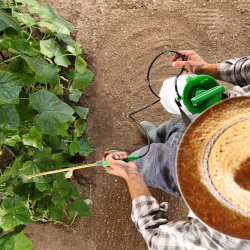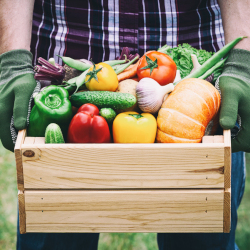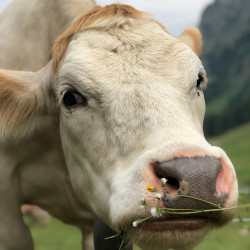Why is it especially urgent that we ramp up the campaign against Monsanto’s Roundup weedkiller right now?
Because the evermore corrupt federal government and the U.S. Environmental Protection Agency (EPA) continue to put the profits and campaign donations of chemical/GMO/pesticide companies like Monsanto ahead of the public interest.
And that poses an increasingly dangerous threat to our health, environment, climate and our children.
The EPA—especially under Trump, but also under the next administration, too—will never ban Roundup, or any of the scores of toxic chemicals threatening our lives, without massive grassroots pressure.
OCA and our allies, after 20 years of steady campaigning, have created a growing awareness and resistance against the Poison Cartel.
At the same time, the pro-organic, anti-GMO movement has created massive demand for organic and regenerative food.
But we need to push harder. We need to foment a grassroots uprising in the U.S., part of an international Millions Against Monsanto campaign.
We need to drive Roundup off the market and Monsanto/Bayer into bankruptcy.
We need to put the Poison Cartel out of business.
But we can’t do it without you.
URGENT: A generous donor has offered to match donations to our Millions Against Monsanto campaign through midnight PST, October 13. Please make your donation today, either online, by phone or by mail.















